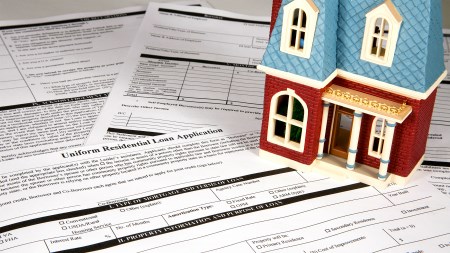Too often, aspirant buyers are so happy to be granted a loan that they agree to whatever interest rate a bank proposes. However, your interest rate can result in an unnecessarily hefty sum over the life of your home loan.
For example: if your interest rate is 2% above the prime lending rate, your R1-million home loan can cost you a whopping 32% (R320 000) extra at the end of your 20-year home loan repayment period – and more if you stretch your bond repayment over 30 years.
“With this in mind, it’s imperative to consider the approach you take before you ask the bank for a home loan,” advises Meyer de Waal, conveyancing attorney at Oosthuizen and Co.
Credit profile
Firstly, De Waal advises taking the necessary steps to investigate and, if necessary, rectify your credit profile, and check the affordability of the required loan. The lower your credit score, the higher your risk to the bank and thus the higher your bond interest rate is likely to be, says De Waal.
“A stronger credit profile may assist you in negotiating a lower interest rate. It is thus worth it to make sure your credit profile is strong and healthy before you apply for a home loan. You can then channel the extra money that you would have paid as an interest repayment directly into your bond instead, allowing you to pay it off faster.”
Deposit
A robust deposit will lower the amount which the bank will need to lend you, and reduces the risk to the bank, says De Waal. “The lower the risk to the bank, the lower your interest rate ought to be. It thus makes good sense to save towards a deposit before you go out to buy a property, as it improves your negotiation power and can reduce not only your risk profile but also the subsequent interest rate.”
Pay extra
If your cash flow allows it, De Waal also advises paying off your bond faster by putting in a small extra amount every month. Putting this into perspective, De Waal explains that when you buy a car on credit, the repayments are usually structured over a 5-year repayment period. In this fashion, a R300 000 car can be bought over 5 years.
“So why does it take 20 years to pay off a home loan of R500 000?” He asks. “Why not apply a similar repayment structure to a home loan as you would to your car finance?
Paying extra money into your bond every month reduces the bond term which saves thousands over the long term.” Once off lump sum payments can also make a big difference to your bond profile. Says De Waal: “Rather than going on a spending spree with a bonus or unexpected windfall, consider paying that money into your bond to save thousands.”
This table illustrates how a single lump sum can make all the difference:
|
Home loan of R1-million x 20 years x 9.25% |
||||
|
No lump sum payment + monthly payment |
R9 158 per month |
Interest paid over 20 years |
R1 198 000 |
|
|
One extra lump sum payment |
R10 000 once-off + |
Interest paid over 18.11 years |
R 1 097 597 |
R100 482 and 13 months saved |
“Few investment opportunities will equate to a R100 482 saving,” says Meyer. “And the best part is that you’re investing in the security of your own property.”





